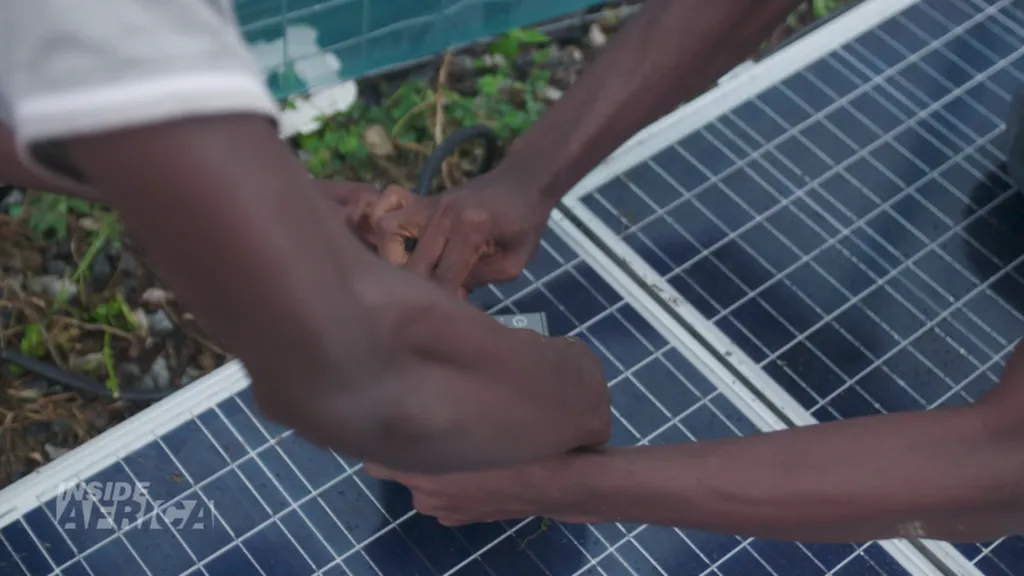In the heart of Nigeria, where agriculture is the backbone of many communities, a novel solution is emerging to tackle a persistent challenge: energy access for irrigation. Vincent Anayochukwu Ani, a researcher affiliated with an undisclosed institution, has published a study in the journal “Frontiers in Sustainable Food Systems” (formerly known as “Frontiers in Plant Science”) that could revolutionize small-scale farming in regions like Karshi, Abuja.
The study, titled “Design of a Solar Water Pumping System for Efficient Irrigation Systems for Crop Production,” addresses a critical issue faced by farmers in Karshi. Many of these farmers rely on agriculture as their primary source of income, practicing crop rotation to maximize their yields. However, ensuring a consistent water supply for irrigation has been a significant hurdle, particularly when it comes to energy access for pumping solutions.
Ani’s research delves into the practicalities of implementing solar-powered water pumping systems. Through case studies conducted at various farm sites in and around Abuja, Ani determined that the daily water demand for crop irrigation in Karshi is approximately 10,000 litres per day for a field size of one hectare. To meet this demand, a pump capable of supplying a flow rate of 2.4 cubic meters per hour at a Total Dynamic Head (TDH) of 14.2 meters was selected.
“One of the key findings of this study is the importance of matching the pump’s power requirements with the solar panel’s output,” Ani explains. The research revealed that the pump motor needs around 258 watts of power to achieve the desired performance. To meet this requirement, Ani opted for an array of three 110-watt solar panels wired in parallel, producing a total output power of 330 watts.
The implications of this research extend far beyond the borders of Karshi. As the world grapples with the challenges of climate change and the need for sustainable energy solutions, Ani’s work offers a blueprint for integrating solar power into agricultural practices. This could have significant commercial impacts for the energy sector, particularly in the development and deployment of solar-powered irrigation systems.
Moreover, the study highlights the potential for solar power to drive innovation in the agricultural sector. By providing a reliable and sustainable source of energy for irrigation, solar-powered water pumping systems could enhance crop yields, improve food security, and boost the livelihoods of small-scale farmers.
As Ani’s research gains traction, it is likely to inspire further developments in the field. Future studies could explore the scalability of solar-powered irrigation systems, their economic viability, and their potential to mitigate the environmental impact of conventional irrigation methods. Additionally, the integration of smart technologies, such as IoT sensors and data analytics, could further optimize the performance of these systems.
In the words of Ani, “This research is just the beginning. The potential for solar power in agriculture is vast, and I am excited to see how this technology will shape the future of farming.” As the world looks towards a more sustainable future, Ani’s work serves as a beacon of hope and innovation, paving the way for a greener, more resilient agricultural sector.

